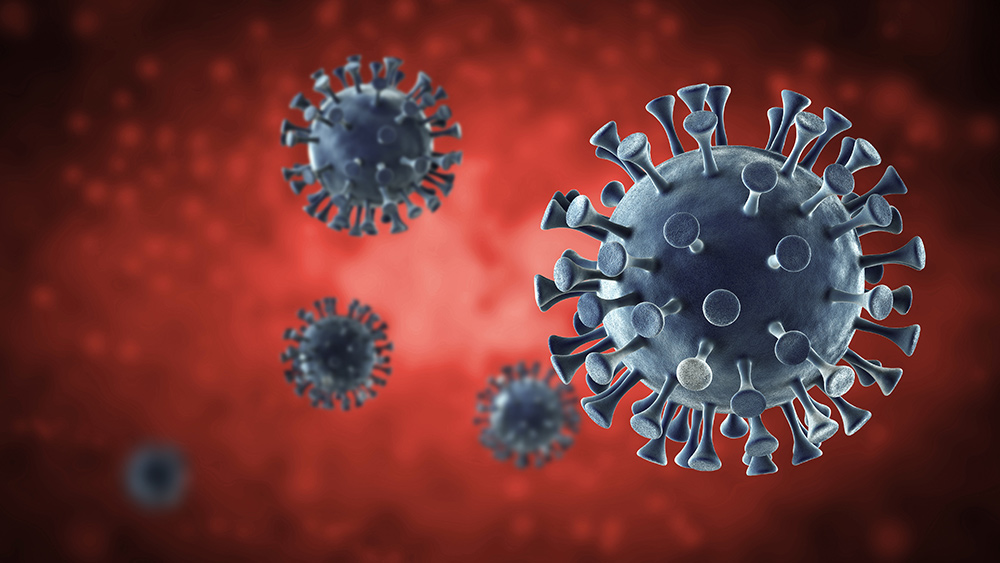Worries mount as coronavirus appears to disable the immune cells that fight it off, reactivating in some people
04/20/2020 / By Isabelle Z.

Coronavirus would be a bit less daunting if we could be sure that the people who have had it once won’t get it again, but that is increasingly appearing not to be the case with this illness. In fact, one study suggests that coronavirus has the power to disable the immune cells that fight infections, which could allow the virus to essentially re-activate in certain patients.
This may help explain why South Korea has seen a series of coronavirus patients who have recovered from the disease once later testing positive for it again. So far, they have reported 141 cases like this, and experts are exploring a series of possible explanations, such as re-infection, relapse or inconsistent tests.
One of the reasons could be that the virus attacks T lymphocytes, immune cells that the body uses to identify infections and respond to them. The study, which was a collaboration between Chinese and American doctors, showed how coronavirus damages the cells in such a way that they can’t detect resurging levels of the same virus or the production of antibodies against it isn’t triggered.
When the researchers performed the same experiment using another type of coronavirus, the one that causes SARS, they found that it was not able to infect T cells in the same way, possibly because of a lack of a membrane fusion function. That means that despite the similarities between the two viruses, there are some crucial differences that are making the novel coronavirus so deadly.
South Korean patients testing positive again after recovering
In South Korea, patients are considered to be recovered from the virus if they’ve tested negative for it twice within a 48-hour period. However, experts note that the RT-PCR tests used there could return inconsistent or false results on occasion, such as when the virus is at levels that are simply too low to be detected. At the same time, it could also be picking up small levels of the virus that are harmless. Proper sample collection is another factor that may be contributing to the numbers.
The Korea Centers for Disease Control and Prevention have said they think these cases are the result of a type of reactivation or relapse in which some parts of the virus might be entering a type of dormant state for a while. It may also be the case that certain patients could have conditions or immunity problems that make them more vulnerable to the virus reviving within their body.
One South Korean virologist, Kim Jeong-ki, likened the relapse after treatment to a spring snapping back after it’s been pressed down.
In any case, the idea of the virus reactivating and reactivated patients then spreading the infection to others is hugely concerning.
So far, more than 300,000 people around the world have recovered from coronavirus, at least officially, plus countless more who have never had symptoms strong enough to warrant testing. Normally, once your body possesses the antibodies needed to fight off a certain disease, you won’t get it again. However, if the virus mutates and additional strains emerge, like the seasonal flu or common cold, all bets are off.
Dr. Anthony Fauci said: “If a person gets infected with coronavirus A, and then gets reinfected with a coronavirus, it may be coronavirus B. But right now, we don’t think that this is mutating to the point of being very different.”
Some viruses also have latency periods, although it’s considered rare. After an initial infection, they might stay inside of host cells until reactivation, like adults who had chicken pox as children later developing shingles.
There is still so much that scientists don’t know about this disease, which is why ending quarantines too soon could be devastating.
Sources for this article include:
Tagged Under: antibodies, coronavirus, covid-19, immune system, immunity, infections, pandemic, reinfection, relapse, SARS
RECENT NEWS & ARTICLES
COPYRIGHT © 2017 RESEARCH NEWS



















